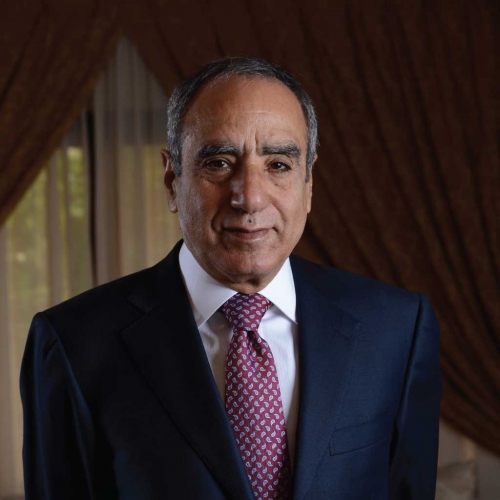The proposal to license translators in Bahrain has faced opposition from the Shura Council, particularly the Legislative and Legal Affairs Committee. The committee argued that the current system, which allows parties to agree on translations and involves court-appointed experts in case of disputes, is functioning effectively. They criticized the proposal for being too vague and noted that existing laws already cover official translations in the country. Supporters of the proposal believe that stricter controls are necessary to ensure quality and reliability in translations, especially since some transactions are legally required to be in Arabic.
The committee highlighted that the proposal lacked clarity as it did not specify which types of translation it intended to regulate. Many of its provisions deferred key decisions to future executive rulings, which would undermine the certainty expected from legal texts. The committee also warned that adopting the proposed law would require amendments to existing legislation related to translation, setting a precedent for overregulation in other professions like tour guides and drivers. They believe that the current framework in Bahrain is flexible enough to handle the translation profession without the need for a specialized law.
In Bahrain, translation agreements are typically settled by mutual consent, with courts appointing experts to assess translations in case of disputes. The proposal aimed to improve accuracy in translations, but the committee believes that the current laws are more than sufficient. They argued that the proposal did not provide a strong enough case for overhauling the system, even though it is not unconstitutional. The committee concluded that since the current system has not caused any major issues, there is no need for sweeping changes like the ones proposed by the Shura members.
The supporters of the proposal claim that licensing translators, like other regulated professions, would ensure quality and reliability by limiting translation work to licensed professionals and approved offices. However, the committee believes that the existing framework in Bahrain can evolve as necessary to handle the translation profession effectively without the need for additional regulations. They emphasized that the proposal lacked clarity and would require amendments to existing legislation, potentially leading to unnecessary overregulation in other professions.
The proposal to license translators in Bahrain, put forward by Redah Faraj and other Shura members, has faced opposition from the Legislative and Legal Affairs Committee. The committee believes that the current system of translation agreements settled by mutual consent and court-appointed experts in case of disputes is working well and does not require major changes. They argue that the proposal is too vague, lacks clarity, and could set a precedent for overregulation in other professions if adopted.
In conclusion, the opposition to the proposal to license translators in Bahrain is based on the belief that the current framework is flexible enough to handle the profession without the need for a specialized law. The committee argues that the proposal lacks clarity, does not provide a strong case for overhauling the system, and could lead to unnecessary amendments to existing legislation. Supporters of the proposal believe that licensing translators would ensure quality and reliability in translations, but the committee sees no need for sweeping changes given the effectiveness of the current system.











